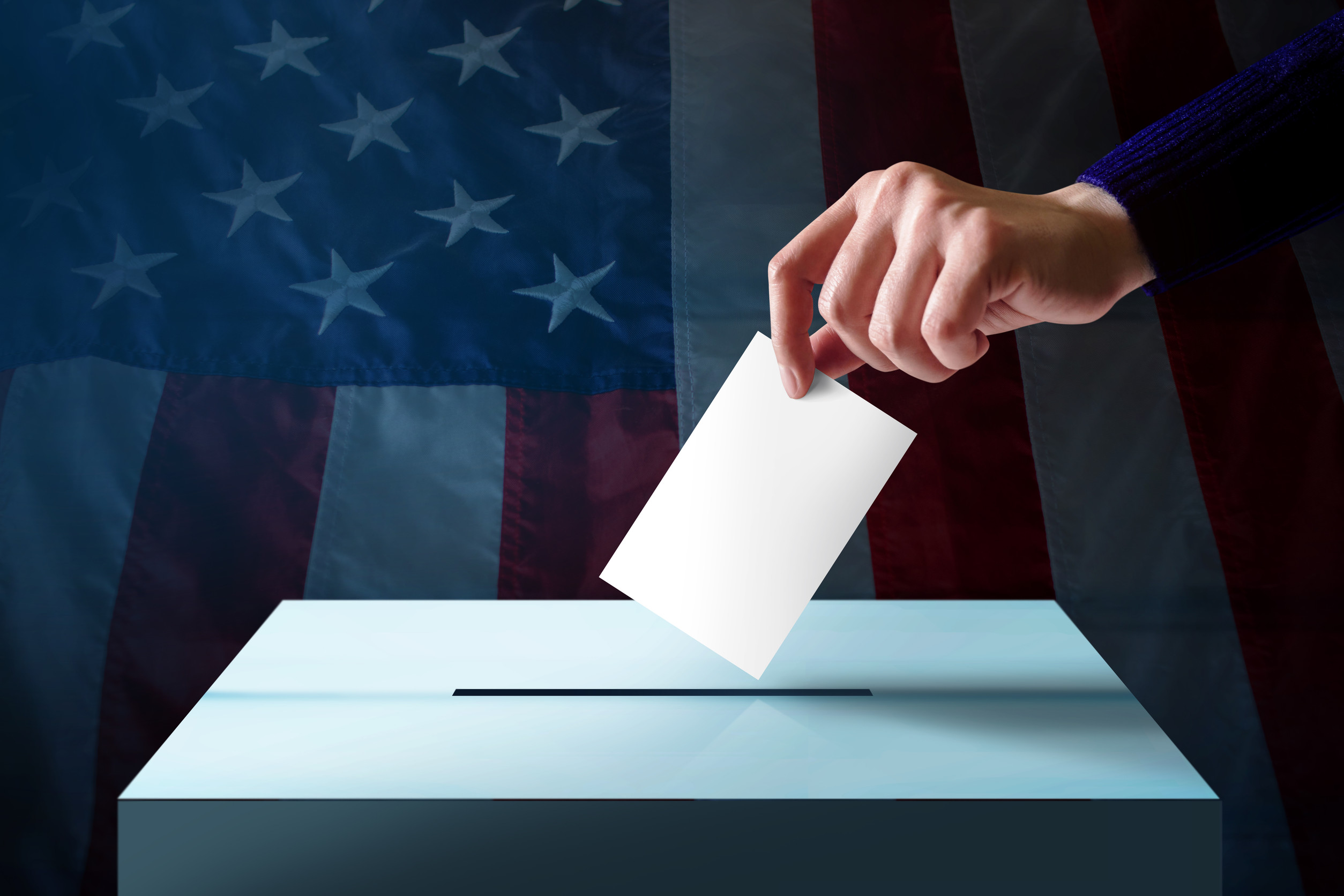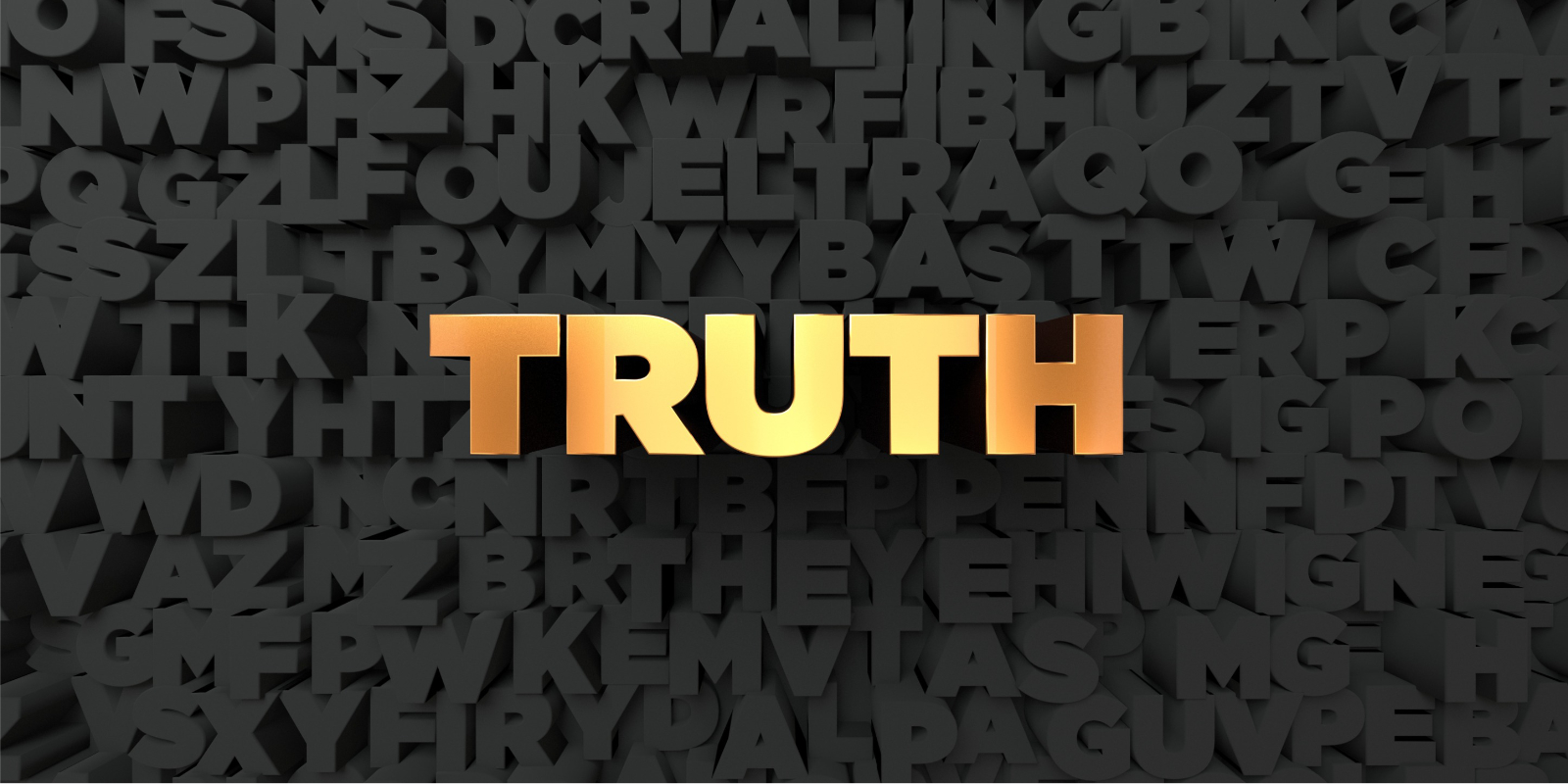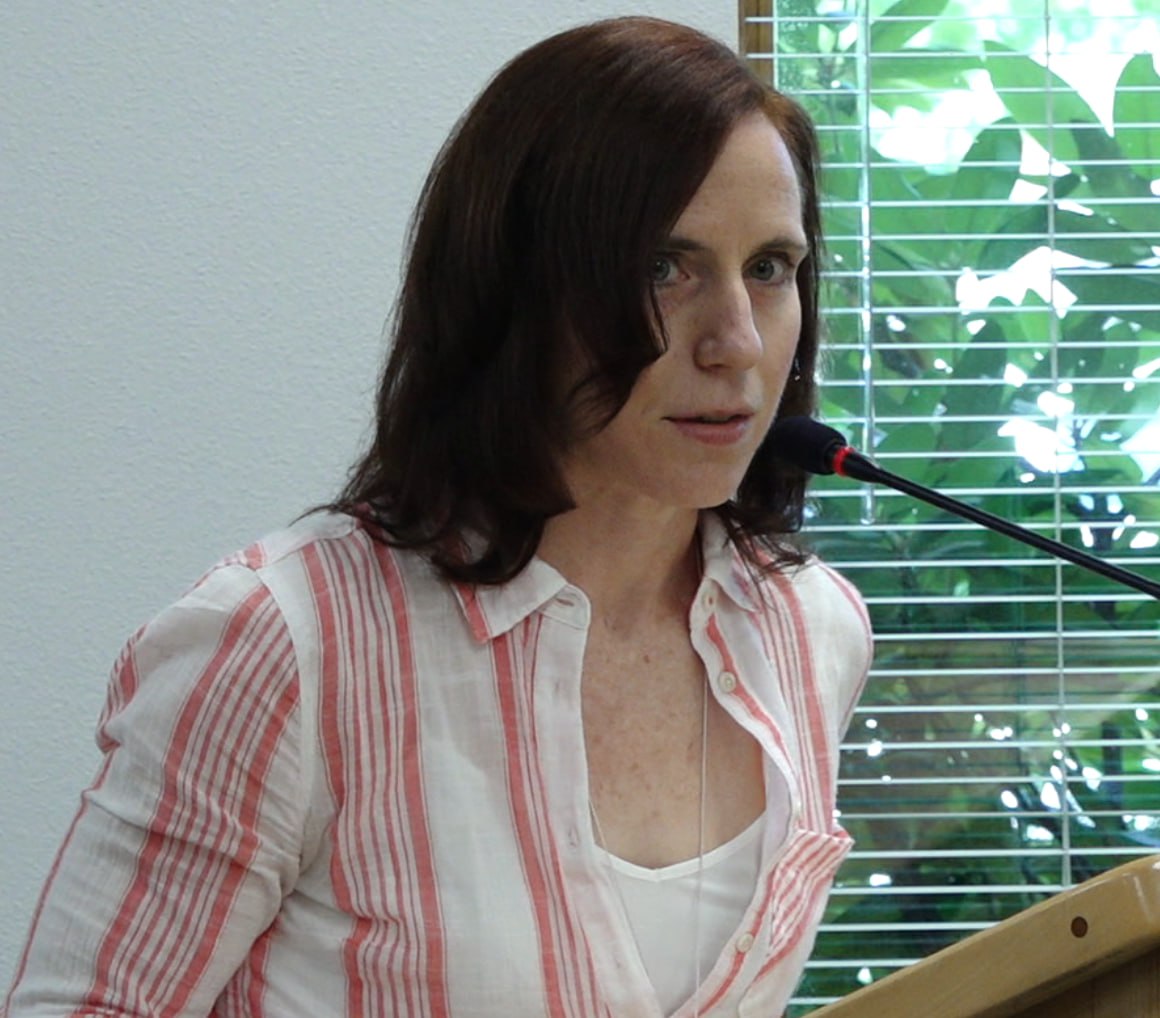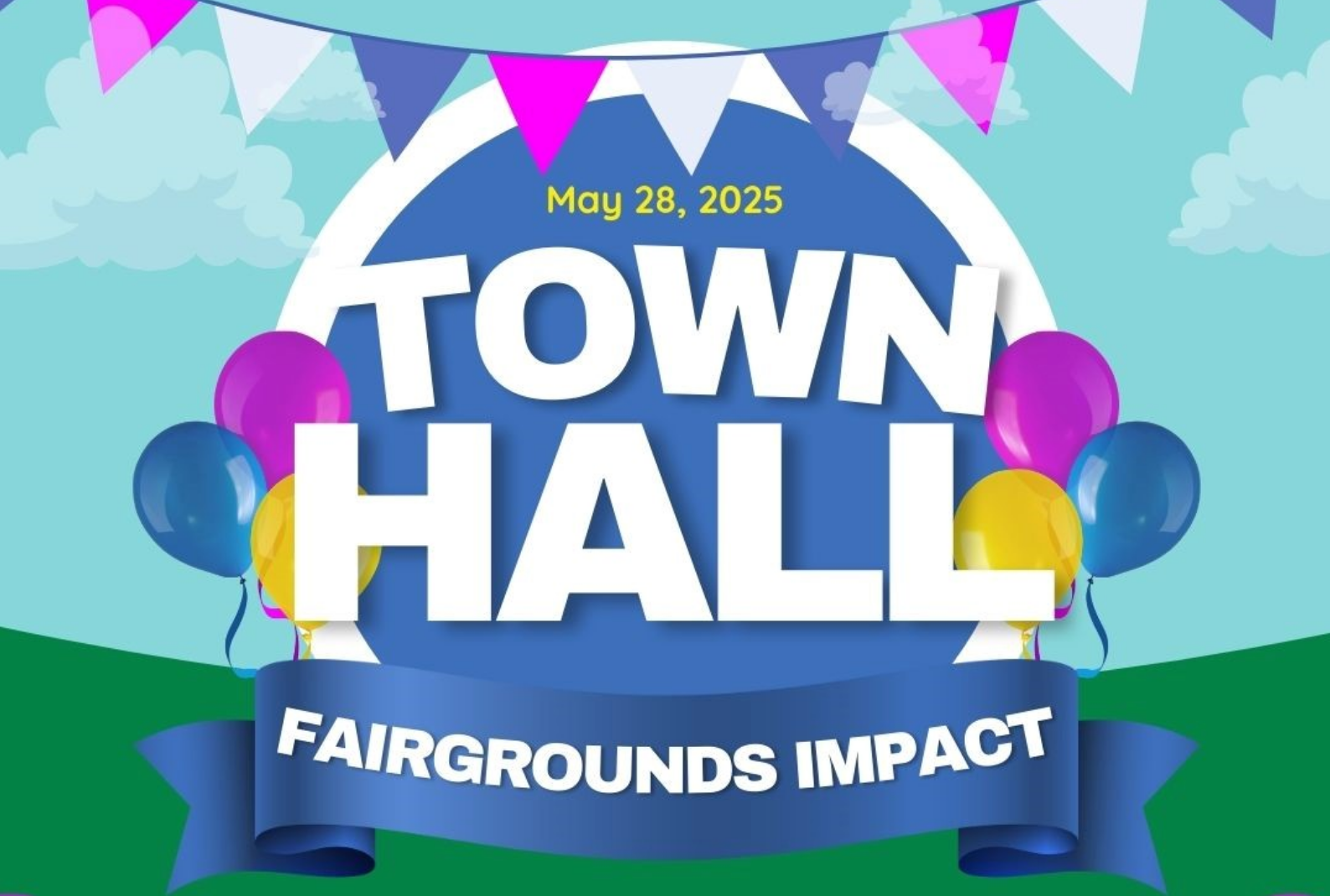Keep Right — Column by Ralph K. Ginorio
At my age, I do not usually dwell on wishing for much. However, this year I do have a Christmas wish. Like most real gifts, this is something that we adults can give to ourselves. I want clean elections whose processes and results we can trust. Here is my wish list for achieving this.
In short, Federal elections should be restructured to minimize opportunities for fraud. Also, it would be best if newly-elected officeholders assumed their responsibilities as close to their election as possible.
Constitutional Amendment
Many among the fifty States have failed in their Constitutional responsibility to manage free and fair elections. In them, myriad interests profit from the corruptibility fostered under current conditions. These interests can be counted on to retard genuine reform.
A new Amendment to the U.S. Constitution, focused on restructuring all elections for Federal Office, could successfully combat such corruption. As a Conservative, it goes against my grain to entrust the Federal government with any increased power.
However, the rank skullduggery that typifies elections in so many deep blue states renders their election tallies illegitimate. In these enclaves, they have achieved a level of control which ensures that no close election is ever lost by a Democrat.
Such fundamental uncertainty about the security and validity of election results is caustic to the health of our body politic. We can stop this through a new Constitutional Amendment.
Voter Identification
Poor election integrity stymies the ability of citizens to express their will through their votes. In our Republic, all legitimacy comes from the consent of the governed. Electoral corruption undermines the expression of the popular will that constitutes the consent of the governed.
As such, absolutely every voter must be expected to produce a valid identification that includes a photograph and other descriptive information (possibly a fingerprint). Both the identification card and the election system should be designed to be compared with the prospective voter to confirm that he or she is who they purport to be.
Because so many States have compromised the security of their Driver’s Licensing process, State Driver’s Licenses are no longer fit for this purpose of acting as valid voter identification. Instead a more stringent identification process, something like that for a U.S. Passport, would better insure that the franchise is restricted exclusively to those citizens who are legally entitled to vote.
Election Week
Elections for Federal Office should be conducted throughout the week prior to 8:00 p.m. local time of the first Tuesday after the first Monday of November. In each of these seven days, polling places should be open from 8:00 a.m. through 8:00 p.m. local time. All voting, except for those whose confirmed circumstances qualify them to cast an Absentee Ballot, should be conducted during this Election Week.
Overseas, Absentee, and Military voting should be conducted between one and two weeks prior to the stateside Election Week, so that these ballots can be counted in time to be a part of the regular tally.
Such a system provides a fair opportunity for every registered voter to exercise their franchise in a timely manner conducive to the efficient counting of every valid vote.
Paper Ballots
No form of paperless machine voting should be permitted. Voting should be conducted exclusively in written form with permanent ink on some form of secured and difficult-to-counterfeit paper ballot.
All ballots should be secured both before and after the election by law enforcement personnel, and not those who have substantial interest in the results.
While machines may be trusted to count these paper ballots under human supervision, all contested ballots should be reviewed and counted by human beings. At least three individuals count every contested ballot; with one counter, one to confirm the count, and one observer. A device may record this process ballot-by-ballot to form a record to be utilized when addressing
election integrity.
One reason for employing a whole week for in-person voting, while having all other forms of voting in advance of this local voting, is to afford election officials time to count and with law enforcement personnel secure these paper ballots.
Announcing Results
Protracted uncertainty caused by seemingly endless recounts and a long transition period serve no one’s interests except for the corrupt. Election results should be announced no later than forty-eight hours after polls close. Ideally, this would be before the Thursday evening immediately following the election.
Taking Office
On the very next day, ideally on the Friday after the Election, the office would change hands from the old officeholder to the new. The British have used a variant of this system for centuries, and it works.
This permits the newly-elected official to assume responsibility for their office without the current set of months where lame duck officials always make mischief. One only has to look at the dangerous and corrupt policies of the Biden-Harris Administration since Election Day 2024 to see the absolute need to eliminate this interregnum.
Term Limits
No Federal elected office-holder should be retained in the same office for more than twelve years. This means that the Presidential Term Limit of two terms could be expanded to three four-year terms. Senators could serve for two six-year terms, and Congressmen for six two-year terms. Further, a twenty year cap on total years in any Federal office should be added, to account for those who are elected to serve in different roles.
One Person–One Vote
The ideal of one person–one vote must be upheld. No scheme involving ranked choice voting should be permitted that would dilute the grave responsibility that a citizen has when exercising his or her franchise.
Conclusion
Certainly, my above recommendations would require that significantly increased human and material resources. New Federal officials would need to coordinate with those who currently manage all elections at the local and state level. However, unlike much post-Progressive Era Federal involvement, this set of reforms is actually within the proper purview of the Federal government.
This is my current short list of matters I would address while federalizing Federal Elections. No doubt much of this will seem both amateurish and full of flawed conceptions. Fair enough. I would welcome those with superior legal and political experience to offer his or her own recommendations to address the systemic weaknesses in our Federal elections.
If we wish to truly seek the consent of the governed, we Americans must reassert control over our Federal elections and restore electoral processes that are worthy of our trust.







